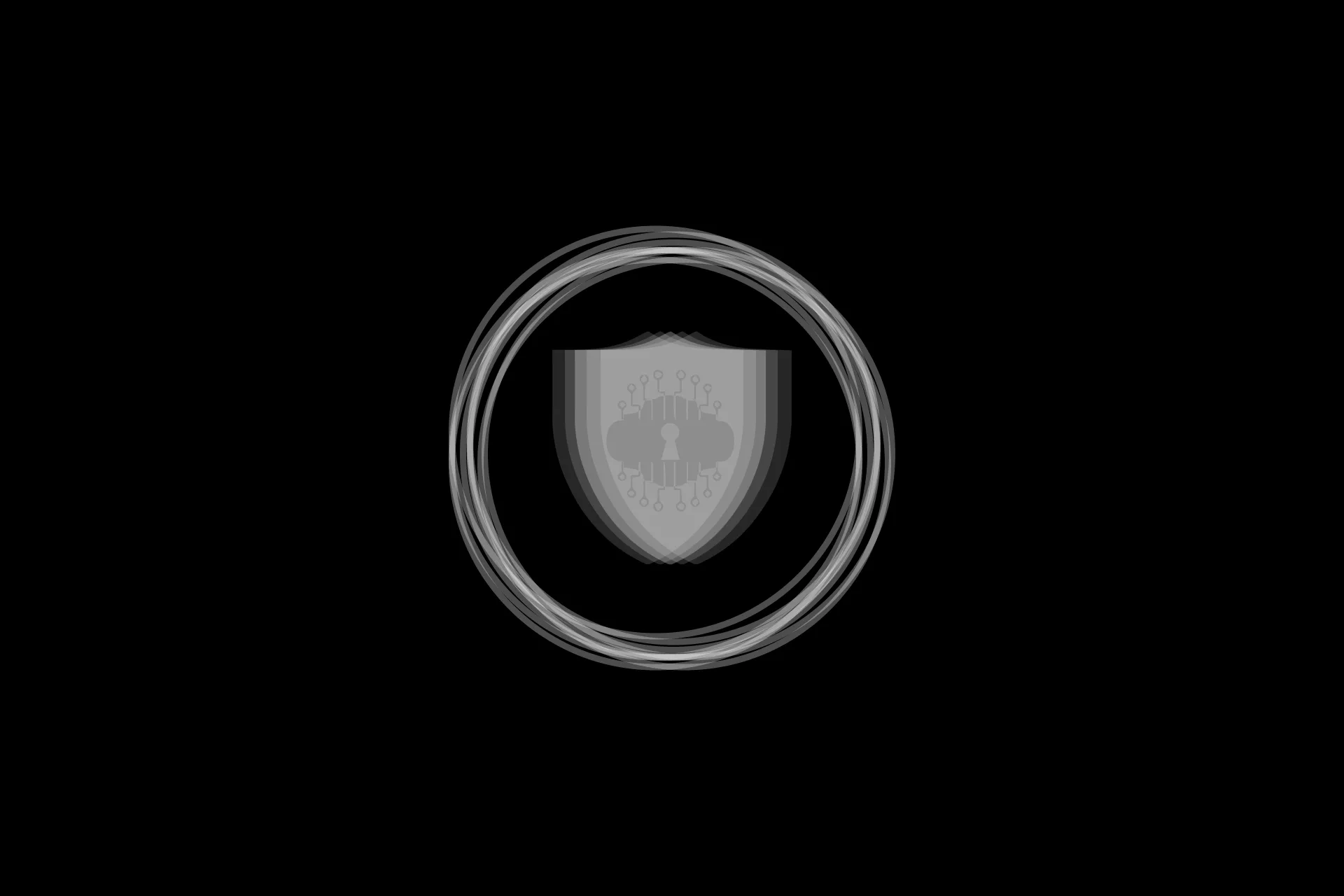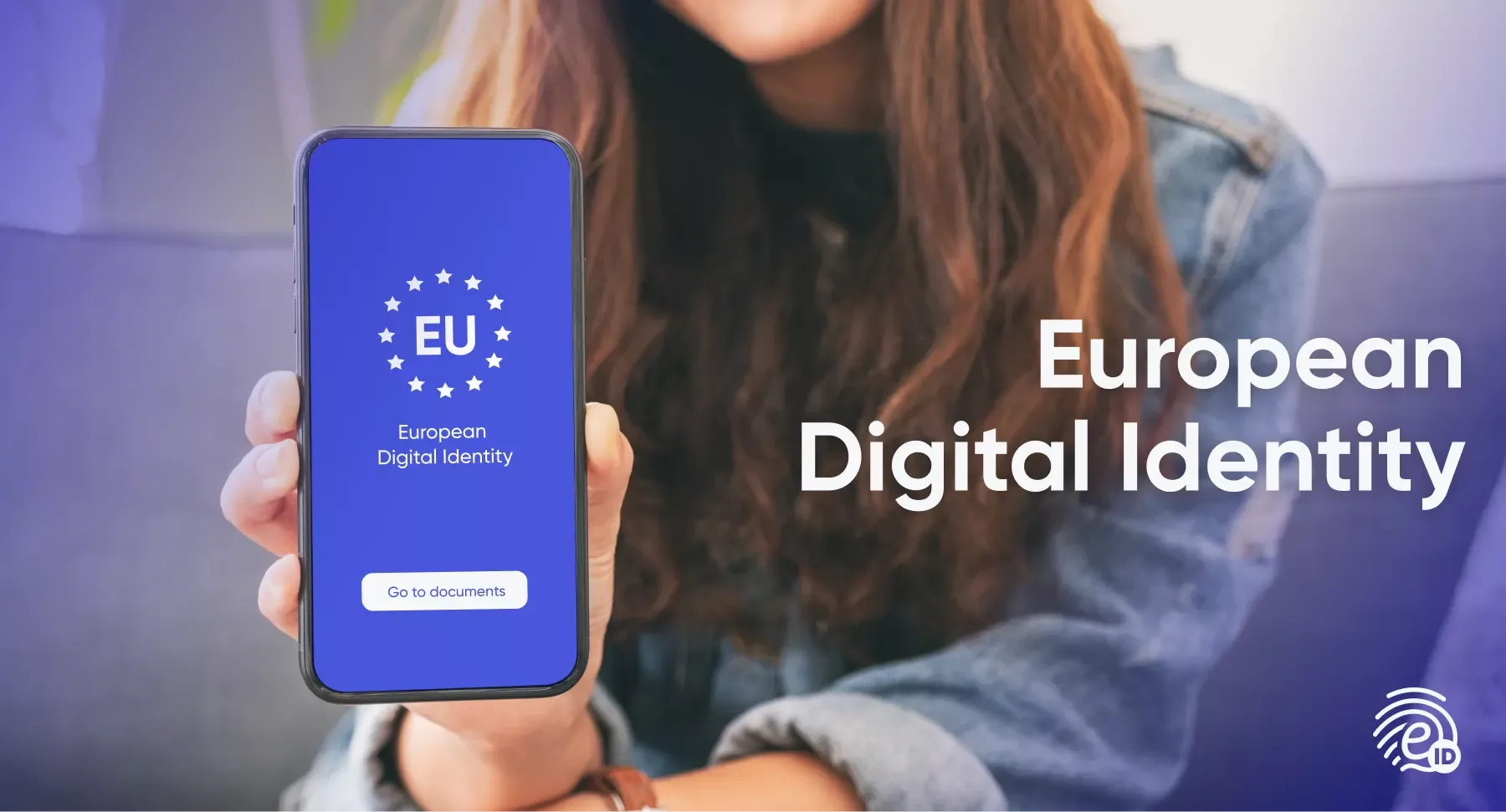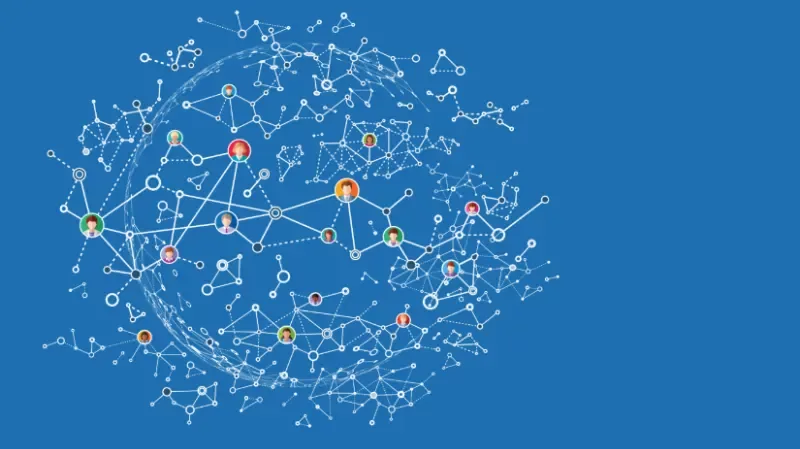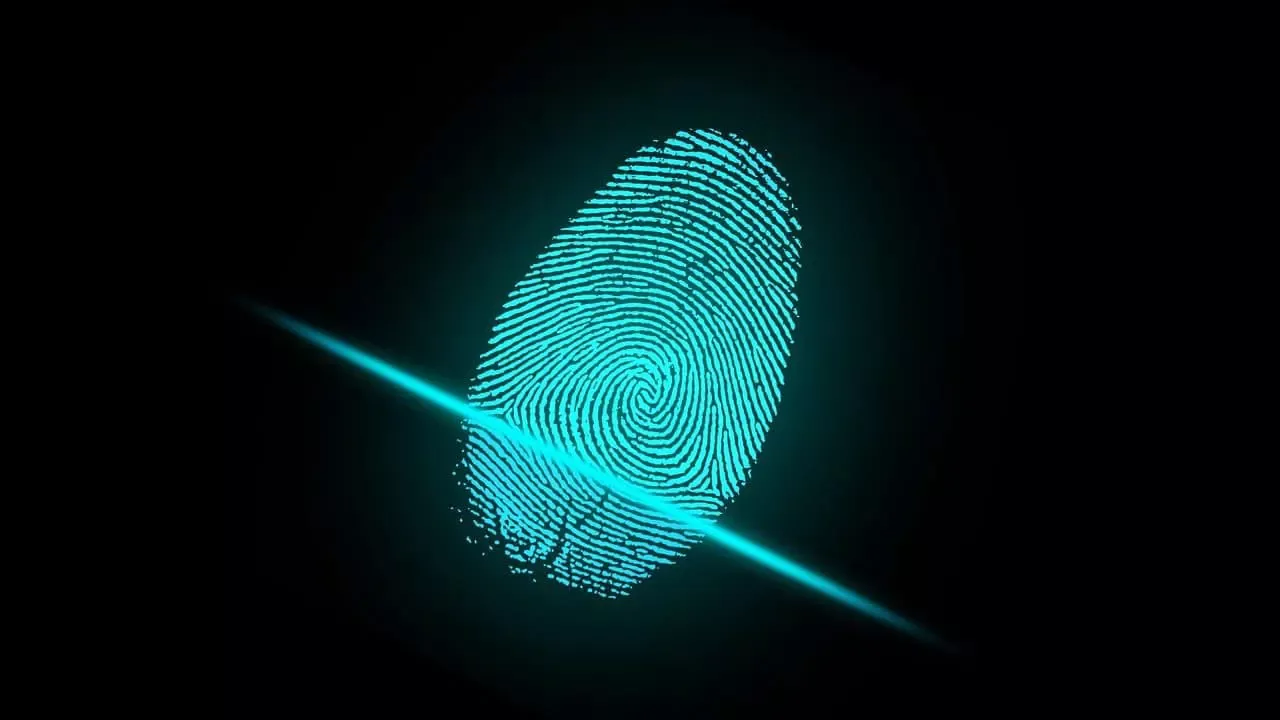What is Self-Sovereign Identity (SSI) ?
SSI is the digital representation of an identity in the digital world and will empower us to monetize our data.

Self-Sovereign Identity (SSI) is the digital representation of an identity in the digital world and will empower us to monetize our data.
“In Self-Soverign Identity (SSI), an individual has sole ownership of their digital identity and are in complete control of how their personal data is shared and used. This adds a layer of security and flexibility allowing the identity holder to only reveal the neccesary data for any given transaction or interaction.”
Examples of Self-Sovereign Identity (SSI)

"On 3 June 2021 the European Commission issued a proposal for a European Digital Identity Regulation in the context of the review of the eIDAS Regulation. The proposal is not meant to replace the eIDAS Regulation, only to amend it. The most striking change is the introduction of a European Identity Wallet."

The Decentralized Identity Foundation (DIF) is vision is to enable a world where decentralized identity solutions allow entities to gain control over their identities and allow trusted interactions.
It exists to advance the interests of the decentralized identity community, including performing research and development to advance “pre-competitive” technical foundations towards established interoperable, global standards.

In May 2019, Microsoft & their partners at the Decentralized Identity Foundation announced an early preview of a Sidetree-based DID network, called ION (Identity Overlay Network) which runs atop the Bitcoin blockchain.
Essentially, ION lets users obtain control over their own data via the management of their Public Key Infrastructure (PKI). “Today, the most common digital identifiers we use are email addresses and usernames, provided to us by apps, services, and organizations,” Daniel Buchner, senior program manager at Microsoft Identity Division, explained:
“This puts identity providers in a place of control, between us and every digital interaction in our lives. Our goal is to create a decentralized identity ecosystem where millions of organizations, billions of people, and countless devices can securely interact over an interoperable system built on standards and open source components.”